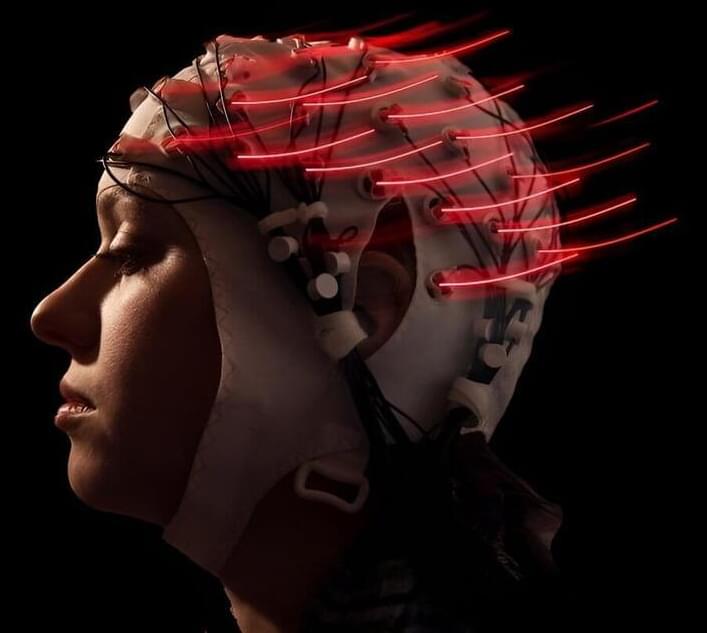The human mind does not like to make mistakes—and makes time to avoid repeating them. A new study from University of Iowa researchers shows how the human brain, in just one second, can distinguish between an outcome caused by human error and one in which the person is not directly to blame.
Moreover, the researchers found that in cases of human error, the brain takes additional time to catalog the error and inform the rest of the body about it to avoid repeating the mistake.
“The novel aspect about this study is the brain can very quickly distinguish whether an undesirable outcome is due to a (human) error, or due to something else,” says Jan Wessel, professor in the Department of Psychological and Brain Sciences at Iowa and the study’s corresponding author. “If the brain realizes an error was the cause, it will then start additional processes to avoid further errors, which it won’t do if the outcome wasn’t due to its own action.”
